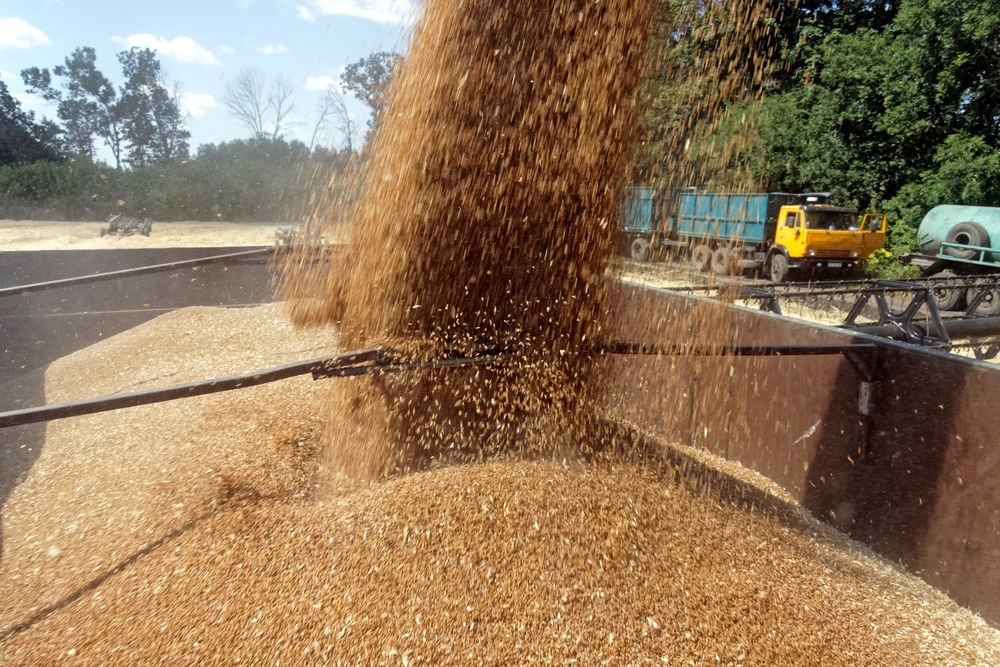“There is a saying regarding Ukrainians who are at war and Ukrainian farmers – I can be kind to you, but I am kinder to myself. The EU is trying in every way to help Ukraine, it adopted a freer regime of movement of Ukrainian goods and cargo, the corridors of solidarity, which led to a new redistribution of grain trade, changed the way of trade.” Radoslav Hristov, chairman of the Thracian Union of Grain Producers and a member of the National Association of Grain Producers, explained this in an interview with the National Radio.
“Ukrainian farmers sell at terribly low prices, the price there is twice as low as before the war. This reflects on the Bulgarian market and on the markets in Eastern Europe,” he said.
“Why are we unhappy? We already have to sell below cost.”
“The fact that customs duties have been removed does not mean that requirements regarding the quality of food, products and raw materials entering the EU have been removed,” Hristov outlined one of the problems of the Ukrainian grain sector.
“In Bulgaria, the control is the lowest,” he emphasized. According to him, the chaos with the corridors and grain trade will continue, and the state has no desire to control.
“The import of wheat dropped dramatically, due to the fact that many of the samples were quite negative in terms of quality. We personally took separate samples from the state institutions. The wheat that had gone to Bulgaria did not meet the requirements. Things are quite scary with sunflowers. The quality is not bad, of the Ukrainian sunflower, which crashed the prices on the market in Bulgaria.”
“The sum of 15 million euros for Bulgaria according to unofficial data is laughable,” commented Radoslav Hristov on the subject of our country’s insistence on opening the crisis reserve for agriculture of the EU.
“The amount is cynically low given the damage done by the war,” he insists.
If the amount is really such, Hristov will suggest to his colleagues from the National Grain Growers Association Board of Directors to come up with an opinion on returning this amount back to the reserve.
“Why were the supplies of a huge part of the raw materials that were disrupted because of the war normalized, the prices returned to the pre-war levels, and mineral fertilizers in Bulgaria continue to be 300% more expensive compared to the pre-war period? What is the reason for this imbalance”, he asked.
“To whom should we protest at the moment? Everyone is focused on April 2. Demagoguery, populism. I listened to everything. At the moment we are not talking about profit, we are talking about realizing smaller losses”, pointed out Radoslav Hristov on the National Radio.
Asked what they will do if the new harvest leaves grain producers with full warehouses, Hristov commented:
“We hope it will be a miracle. To move the market in terms of grain exports. Due to the low prices in the Black Sea basin – of Russian and Ukrainian wheat, this influence will be prolonged and expanded, we will be in a very difficult position indeed.”

